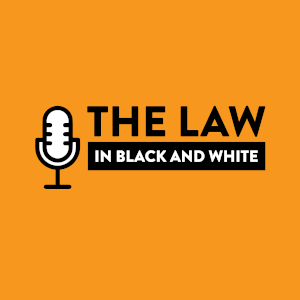By: Kayla Cruz
 Under the Constitution, parents have the freedom to raise and teach their children with minimal government interference. However, the parameters of the classroom have been an ever-changing, and at times contentious space where parental influence and state legislatures clash. Recently, Texas House Bill 3979 banned the teaching of critical race theory in K-12 schools, stating that the course would promote the idea that one race or sex “is inherently superior to another race or sex” or that “an individual, by virtue of his or her race or sex, is inherently racist, sexist, or oppressive, whether consciously or unconsciously.” The bill took effect on September 21, 2021, leaving Texas teachers and administrators uncertain about whether they can approach the subject of race at all.
Under the Constitution, parents have the freedom to raise and teach their children with minimal government interference. However, the parameters of the classroom have been an ever-changing, and at times contentious space where parental influence and state legislatures clash. Recently, Texas House Bill 3979 banned the teaching of critical race theory in K-12 schools, stating that the course would promote the idea that one race or sex “is inherently superior to another race or sex” or that “an individual, by virtue of his or her race or sex, is inherently racist, sexist, or oppressive, whether consciously or unconsciously.” The bill took effect on September 21, 2021, leaving Texas teachers and administrators uncertain about whether they can approach the subject of race at all.
What is Critical Race Theory?
Critical Race Theory (CRT) is a curriculum that teaches the history of how institutionalized legal systems and government policies were informed by racism. The basic foundations of CRT emerged in the late 1970s, pioneered by legal scholars such as Derrick Bell, Kimberlé Crenshaw, Alan Freeman, and others. Today, the curriculum is common on college campuses, positioning racism in a light that is not otherwise taught in American history courses. Still, many argue that it is racist and anti-white. Specifically, Republican lawmakers state that educators are teaching the concept to cause dissention and that young white students should not be made to feel guilty about past history. This year, Lt. Gov. Dan Patrick proposed ending tenure for professors who teach critical race theory, stating that it is poisoning the minds of young students.
Possible Constitutional Challenges
Texas Bill 3979 has not yet faced Supreme Court review, but there are some compelling arguments for why the bill is unconstitutional. For example, some argue that the law is unconstitutionally “overbroad.” In other words, if the law does not put a reasonably intelligent person on notice of what it prohibits, then it cannot be enforced. Alternatively, others argue that the bill is unwarranted censorship of teachers in violation of First Amendment free speech. The Supreme Court has stated that speech in schools cannot be suppressed simply because some disagree with it. In that view, possible psychological distress would not be a sufficient reason to ban historical facts. Moreover, others state that the bill denies Black students equal protection under the law because of its disparate impact.
Takeaways
Thus far, there have not been tangible negative consequences from teaching critical race theory. Instead, the Texas legislature’s bill seems to harp on theoretical outcomes. The effect of more bills like this may be more harm than justice. The reality is that teachers will likely feel less confident about what they can teach, and they will likely feel constricted in their freedom to create lesson plans. Even more, students of color are left to question why widespread censorship of authentic and real historical events is allowed, and they must endure the consequences such censorship’s impact on the space they occupy in the classroom.




